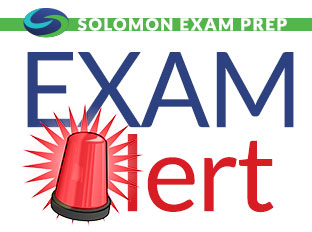 Effective June 26, 2015, FINRA will alter its rules regarding who will be considered a public or non-public arbitrator. The change will make it so that any arbitrator who has worked in the financial industry for any period of time will be considered a non-public arbitrator. Also, arbitrators who represent investors or the financial industry as a significant part of their business will be considered non-public arbitrators, but may become public arbitrators after a cooling-off period. The cooling-off period lasts five years if they were disqualified from being a public arbitrator based on their own actions. The cooling-off period lasts two years if they were disqualified from being a public arbitrator based on someone else’s actions.
Effective June 26, 2015, FINRA will alter its rules regarding who will be considered a public or non-public arbitrator. The change will make it so that any arbitrator who has worked in the financial industry for any period of time will be considered a non-public arbitrator. Also, arbitrators who represent investors or the financial industry as a significant part of their business will be considered non-public arbitrators, but may become public arbitrators after a cooling-off period. The cooling-off period lasts five years if they were disqualified from being a public arbitrator based on their own actions. The cooling-off period lasts two years if they were disqualified from being a public arbitrator based on someone else’s actions.
This alert applies to the Series 6, Series 7, Series 24, Series 26, Series 27, Series 28, Series 62, Series 79, and Series 82.
